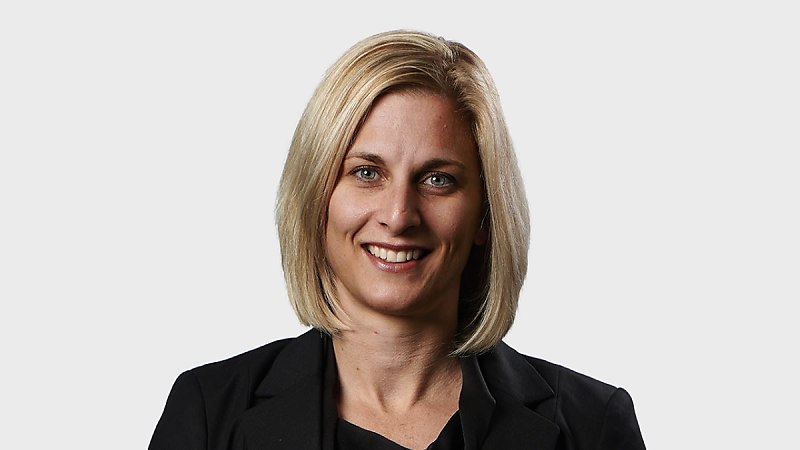Primary producers, small businesses already selling out before super tax
Primary producers and small businesses with SMSFs are beginning to sell their assets in anticipation of the $3 million super cap legislation.
Katie Timms, RSM Australia national director of superannuation and SMSF, said SMSF investors at risk of being captured by the $3 million super tax cap are likely to turn to trusts, but said this alternative investment option is also in the crosshairs of the Australian government.
The Senate committee examining the controversial legislation is due to report to Parliament today (10 May 2024).
Timms said despite major concerns from myriad industry bodies about the "unfairness" of the change, particularly the "flawed" taxing of unrealised gains and lack of indexation, most feel there is little hope of any substantial amendments being made to the legislation.
“Taxing of unrealised gains was one of the key sticking points and if not removed, at worst could be addressed by giving funds a choice of calculation methods,” she said.
“SMSF clients, particularly farmers and small business owners with substantial property assets in self-managed funds but limited cashflow, could be hit by tax bills they cannot afford if the legislation is passed without key amendments.”
Timms noted that RSM is already observing primary producer clients taking action, such as selling out – especially those nearing retirement age – planning and modeling exit options, or carefully evaluating their positions ahead of the legislation's implementation in June 2025.
"This has been particularly difficult for families who had hoped to retain their farmland in super and pass it onto the next generation upon their retirement. But at 60-plus years of age they are fatigued by the ever-changing business tax goalposts and this super change is the last straw for a number of them,” she said.
RSM Australia director of financial services, Grace Bacon, highlighted that the super tax changes are coinciding with the intergenerational wealth transfer, adding a layer of concern.
“Australians aged 60 and over who have worked hard, saved and put away money as governments have asked them to do, are expected to transfer $3.5 trillion, or about $175 billion per year, in wealth over the next 20 years,” Bacon said.
"As a result, we’re not only seeing super fund owners considering how the $3 million cap may impact them, but also how it will impact their estate planning, and how best to preserve and pass on their wealth to their children and their children’s children”.
She mentioned an uptick in inquiries about testamentary trusts, which are established as part of a will and only come into effect upon the death of the person who made the will, aimed at protecting and safeguarding assets.
“What we don’t want to see is Australians losing faith in the superannuation system or ending family legacy businesses because of these populist rather than productive changes,” she added.








